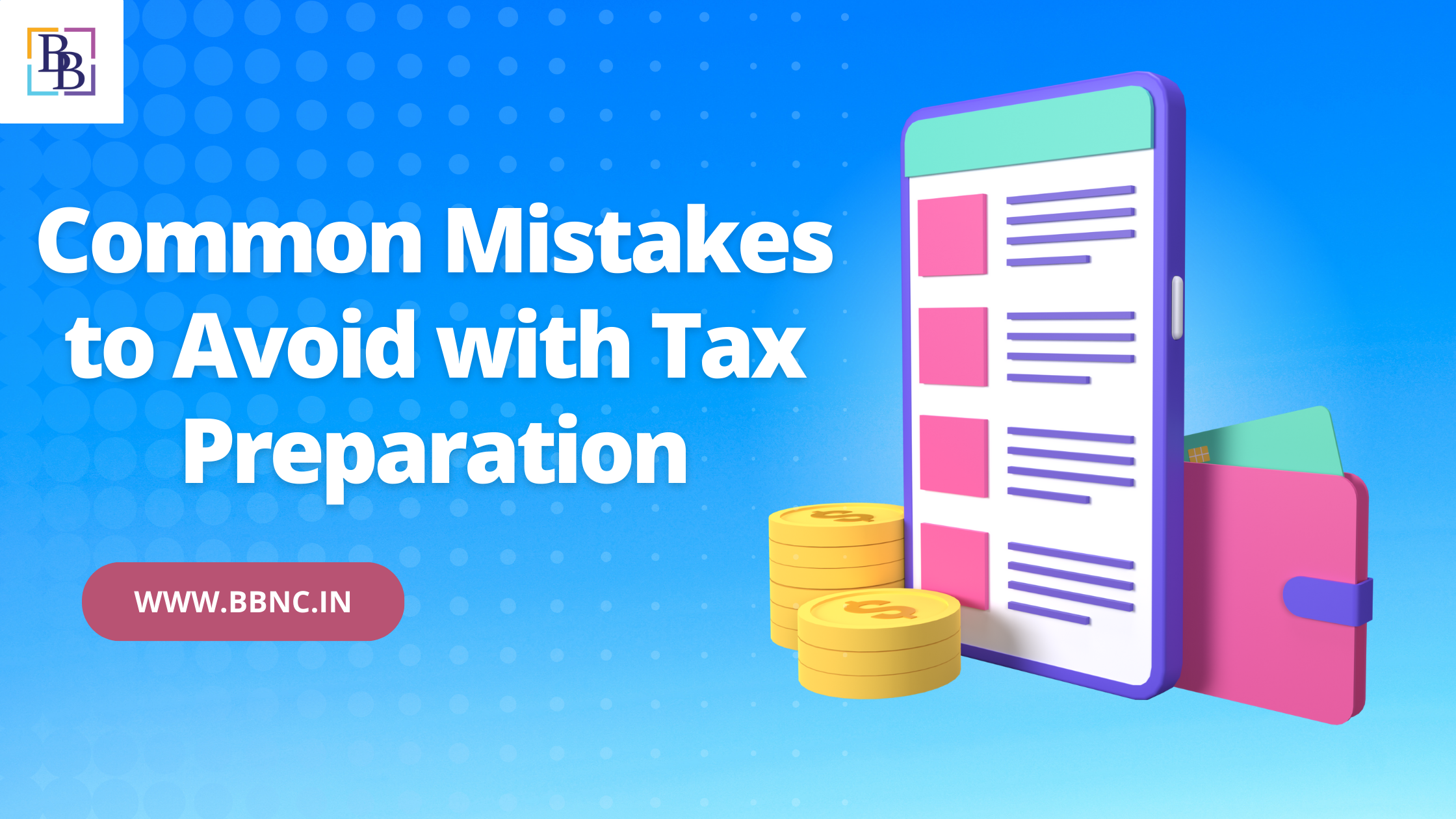Tax preparation can be a daunting task for many individuals and businesses alike. It requires attention to detail, knowledge of tax laws, and careful organization. Unfortunately, even a minor mistake can have significant consequences, resulting in penalties, audits, or missed opportunities for deductions. In this blog post, we will highlight some of the common mistakes to avoid when preparing your taxes, helping you navigate the process smoothly and ensuring compliance with tax regulations.
Table of Contents
1. Failing to keep accurate records
One of the biggest mistakes taxpayers make is failing to maintain accurate records throughout the year. Without proper documentation, it becomes challenging to substantiate deductions, track income, or provide evidence in case of an audit. To avoid this mistake, keep all relevant receipts, invoices, bank statements, and other financial records organized and easily accessible.
2. Neglecting to report all income
It's crucial to report all sources of income, including wages, self-employment income, rental income, investment gains, and any other earnings. The Internal Revenue Service (IRS) receives copies of your income statements, such as W-2s and 1099s, so failing to report income can raise red flags and trigger an audit. Review your documents thoroughly and ensure you report all income accurately.
3. Overlooking deductions and credits
Another common mistake is missing out on eligible deductions and credits that could significantly reduce your tax liability. Many taxpayers are unaware of the various deductions they are entitled to, such as educational expenses, medical expenses, or business-related costs. Familiarize yourself with the available deductions and credits, and consult a tax professional if needed, to ensure you take full advantage of them.
4. Inaccurate or missing information
Even a small error, such as misspelling your name or entering an incorrect Social Security number, can cause delays in processing your return or result in rejected forms. Double-check all personal information, including names, addresses, and Social Security numbers, to ensure accuracy. Moreover, provide all required information on the tax forms, as leaving fields blank or providing incomplete information can trigger IRS inquiries.
5. Incorrectly filing your tax status
Choosing the wrong tax filing status is a mistake that can have a significant impact on your tax liability. Whether you are single, married, or a head of household, selecting the appropriate filing status is crucial. Each status carries different tax rates, deductions, and credits. Take the time to understand the criteria for each filing status and select the one that best suits your situation.
6. Missing deadlines and extensions
Failing to file your tax return or request an extension by the due date can lead to penalties and interest charges. Mark your calendar with important tax deadlines and ensure you have sufficient time to gather all the necessary documents and complete your tax return accurately. If you need more time, file for an extension before the deadline to avoid unnecessary penalties.
Avoiding common mistakes during tax preparation is crucial to ensure compliance, minimize penalties, and maximize deductions. By keeping accurate records, reporting all income, claiming eligible deductions and credits, providing accurate information, selecting the correct filing status, meeting deadlines, and seeking professional help when needed, you can navigate the tax preparation process with confidence. Remember, tax planning and preparation should be a year-round effort to stay organized and minimize stress during tax season.
